We talk to Darius from Incogni, who tells us how you can remove your personal data from the internet. Plus, a family claims an Amazon driver stole their cat, people are yelling a lot at Siri, and there’s a new sober dating app.
They buried your opt-out button

This is insane. Like almost cartoon-villain-level shady. Say you’re trying to delete your personal information from some shady data broker’s website that’s selling your data to advertisers, marketing companies, stalkers, coworkers or anyone else with the money.
But when you search for their opt-out page on Google? Nothing pops up on the results page. Did you miss it? Nope.
A new Wired report just exposed more than 30 data broker companies that are deliberately hiding their opt-out pages from Google and Bing. That’s right, the pages that legally allow you to say “no thanks” to having your personal data bought, sold and shared like trading cards are being blocked from search engines on purpose. Wow.
🤑 They collect and sell everything about you
I’m talking about your name, address, phone number, SSN, political affiliation, jobs, purchase history, health data, insurance claims, who you live with and more, a lot more.
Now they’ve taken it a step further. They’ve made it nearly impossible for you to find the one page that lets you opt out. You’d have to go directly to the company’s website and dig through layers of menus, if you can find it at all.
🪄 They know what they’re doing
This isn’t an accident or a technical glitch. It’s a strategy. A move to look compliant while hoping you don’t bother trying. Some of them even use tricky design tactics, like hiding links under layers of legal text or pop-ups you’d never think to click through.
Why? Because the harder they make it to opt out, the more your data stays in their system and the more money they make selling it.
I use Incogni. It’s like sending in the privacy cavalry. You don’t have to hunt down every shady data broker or figure out who’s hiding what. Incogni does it for you automatically, legally and effectively.
They target over 420 people search sites and data brokers, and Deloitte, one of the biggest auditing firms in the world, independently verified their entire process. No other data removal service can say that.
With my exclusive discount, plans start at just $6.39 a month, and you still get access to Incogni’s new Unlimited Plan. You send them links where your info is exposed, and they’ll get it taken down.
Privacy report card: Which AI flunked
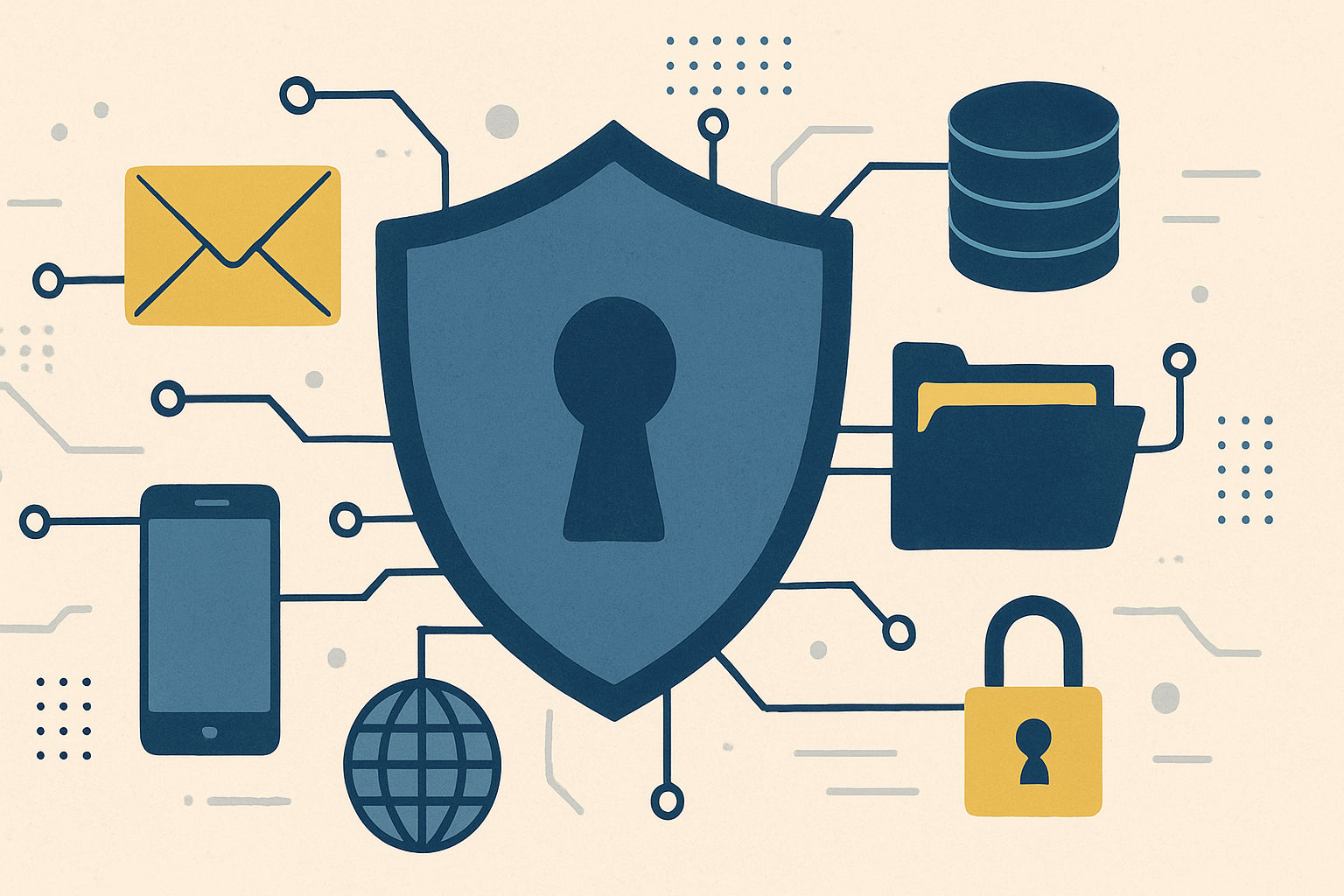
AI bots are our digital sidekicks. They’ve helped me write emails faster, plan my vacations, you name it. But the more we share, the more these bots learn about us. That can come back to bite you. Let’s lock down your data before your secrets become someone else’s payday.
How I got my cell phone number off the internet
Get your info removed from the internet: Data brokers sell your info all the time without your knowledge. Incogni helps to delete your private information online automatically. So many readers and listeners say it’s worth every penny. I definitely agree. Get 60% off with code KIM60 today!
Four payments and a data leak

Buy now, pay later (BNPL) apps are everywhere. See something shiny? Tap tap, and BAM, you own it in four “easy” payments. Zero interest, no credit card shame spiral. What a dream, right?
But here’s what they’re not telling you: While you’re breaking up your payments, they’re also breaking up your data and sharing it with companies you’ve never heard of.
5 steps to take control of your data
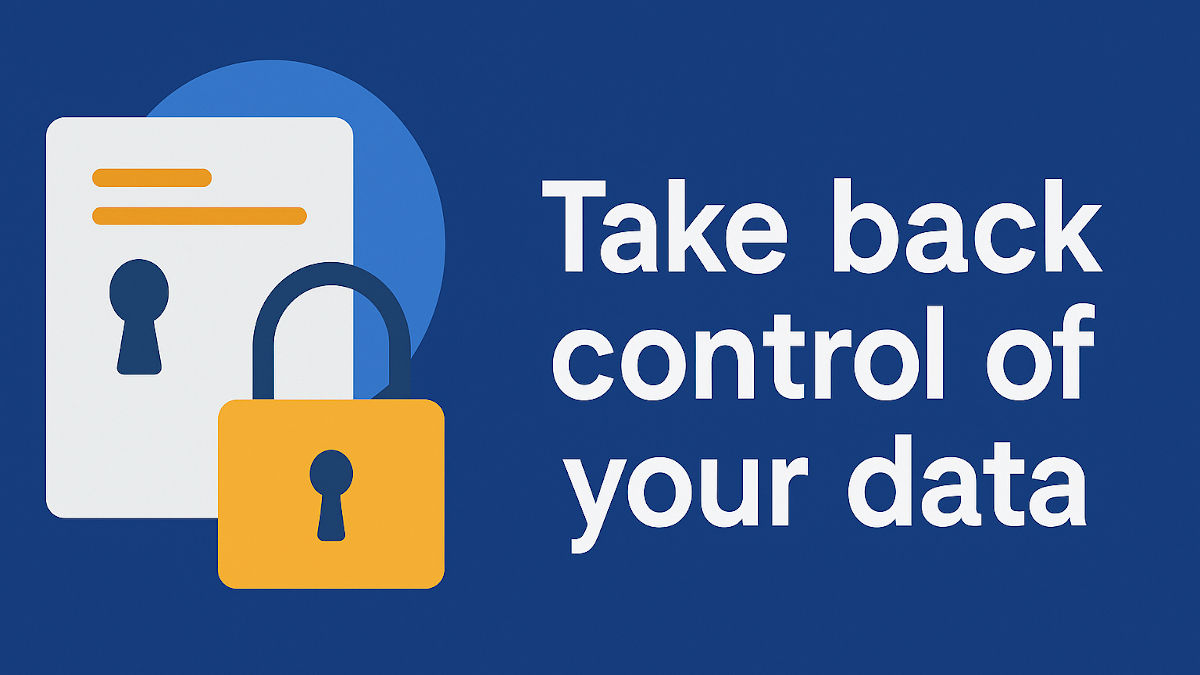
Every day, it feels like there’s another company saying, “Oops, we lost your info.” Feel helpless? Don’t. I’ve got some smart steps that help lock things down and keep creeps from using your info against you. Let’s jump in.
Elder fraud is exploding: Your data is making it worse
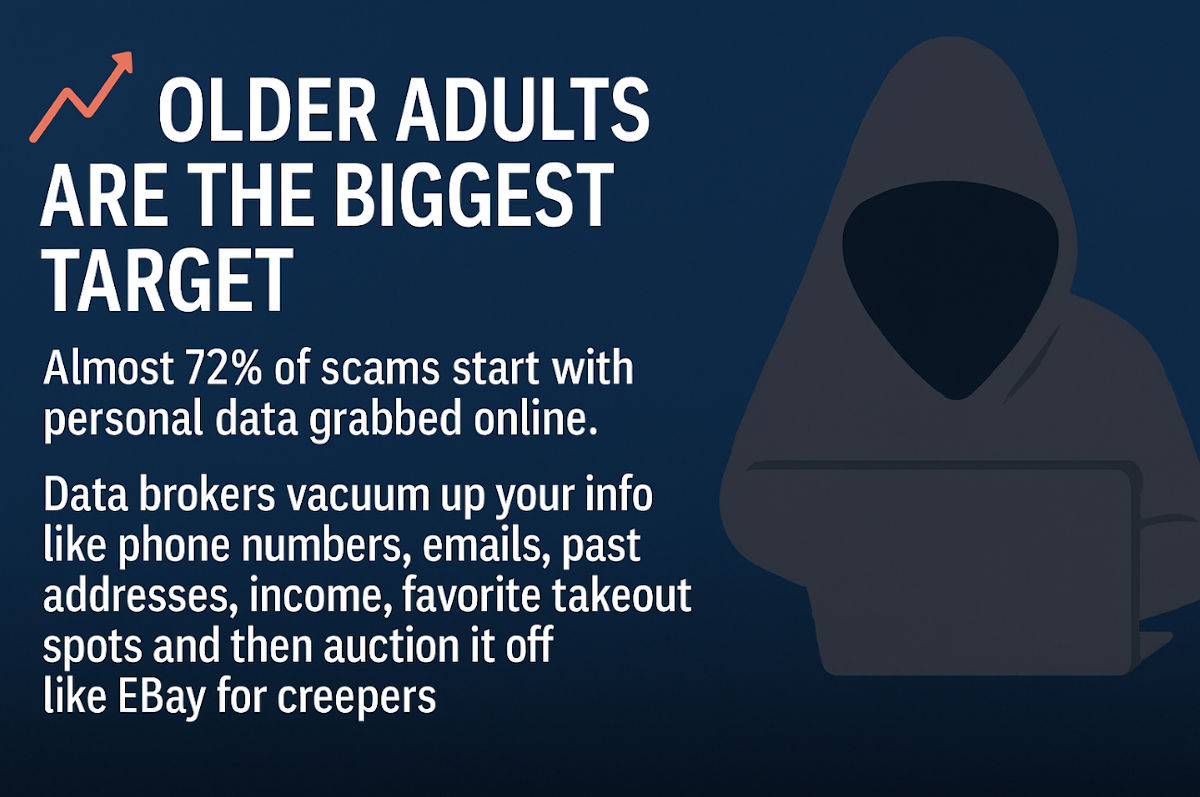
I’ve got bad news: Today’s online scammers know everything about you. They’re scraping your info and everyone else’s from the web and buying the rest from data brokers and people-search sites.
Folks age 60-plus are the biggest target. Almost 72% of scams start with personal data grabbed online. Data brokers vacuum up your info like phone numbers, emails, past addresses, income, favorite takeout spots and then auction it off like eBay for creepers.
Your privacy restored

Ever Googled yourself and thought, “What the heck is that doing online?” Old addresses, phone numbers and even the car you drive are all out there. Worse, it’s probably on some sketchy people search site or buried in a mountain of search results.
What you need to know about DeepSeek

I’ve been saying it for years: The country that masters AI will dominate the world economically, politically and militarily. Since ChatGPT dropped, the U.S. seemed untouchable. Most of us Americans assumed we were a couple of years ahead of China in terms of AI, but the game has changed — and fast.
Why I used Incogni to wipe my info off the internet

I got this note the other day from Mike S. (Hi, Mike! 👋): “Next time you talk about Incogni, maybe you can do a deep dive?”
Mike, you’re not the only reader who’s asked for a more in-depth look at how Incogni works and why I chose it to wipe my info from data broker sites. I picked this service before they became a sponsor. So, without further ado …
Shortcut to reading annoying privacy policies
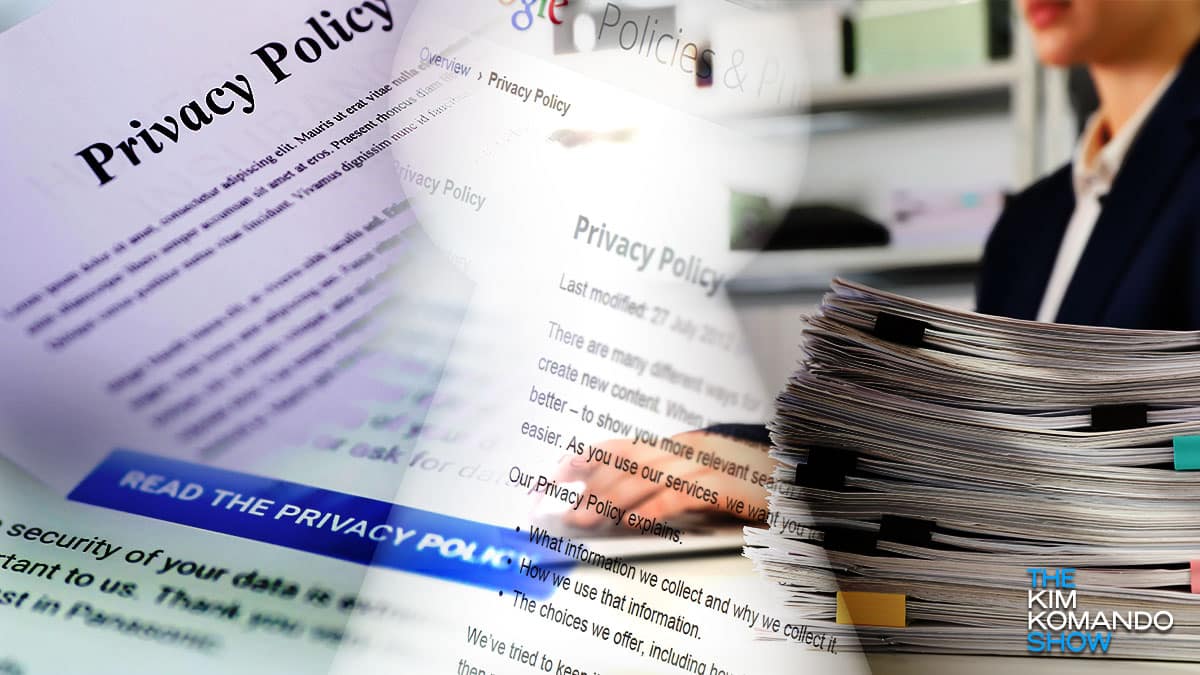
Tech privacy policies are confusing on purpose. I know, big shocker! But I’m always surprised by just how difficult these things are to comb through and what they hide.
Today, I’m calling out the biggest offenders — and sharing one of my favorite, easy-to-use privacy tools.
Are your smart devices tracking too much?
Your smartwatch is great for tracking steps, but have you ever thought about where all that personal data actually goes?
From sleep patterns to calorie intake, it’s like a digital diary — and it’s worth billions to insurance companies, marketing outfits, advertisers and, of course, hackers. Don’t panic! I’ll walk you through how to lock down your privacy.
How to remove personal data from data-broker sites (Spoiler: I use Incogni)

I’ll never forget when my son, Ian, asked me where in Los Angeles I lived. I told him I couldn’t remember — it was 30 years ago, and I lived there for maybe six months. A few minutes later, he called and had the address. It was available for free to anyone on the internet on an online people search directory.
Data brokers are selling your life. Here’s how to stop them.

The data broker industry is worth almost $400 billion. Whether it’s your Google Search history, movies you’ve streamed or a summary of your last doctor’s visit, they’re keeping tabs on your life.
Feel violated? You should. These brokers even sell your data to scammers so they can use it to target you. No wonder most people get overloaded with spam texts and calls every day.
Area codes and numbers that are probably spam

Whew, the election’s over. The onslaught of robocalls and texts is over, too … right? Nope.
There are fewer political calls and messages, sure, but there are always scammers and spammers. It may be easier for these creeps to get a hold of us now that our phones aren’t constantly lighting up with election-related notifications.
Best way to stop spam texts for good
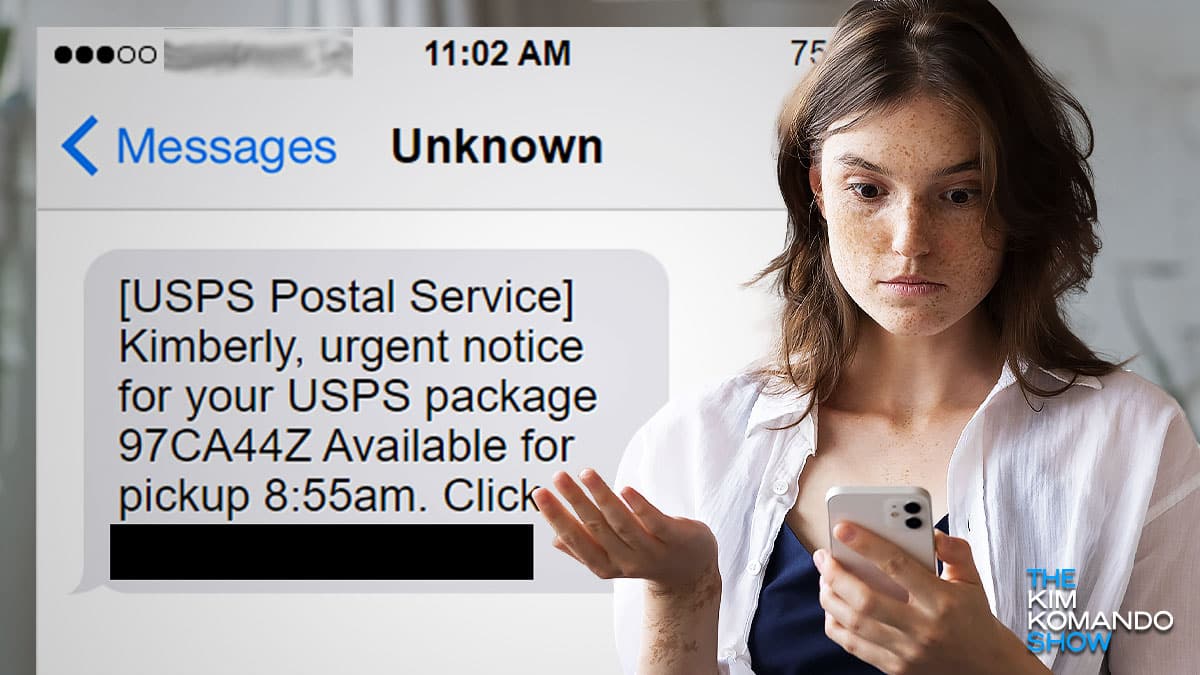
“Official notice from USPS. Your delivery is on hold.” I wonder why …
“Hi, how are you?” Who could this be?
Stop annoying political texts

I’ve heard from the presidential candidates, their families and every politician within a 100-mile radius. The texts don’t stop in October of an election year, especially when it comes to a presidential election.
I wasted 36 hours trying to do it myself

So many of the calls, emails, messages and DMs I get are about privacy and security. I can’t remember the last time I had a full day where no one asked me some version of “How do I get all this info about me off the internet?”
AT&T data breach: Who’s at risk and what to do now
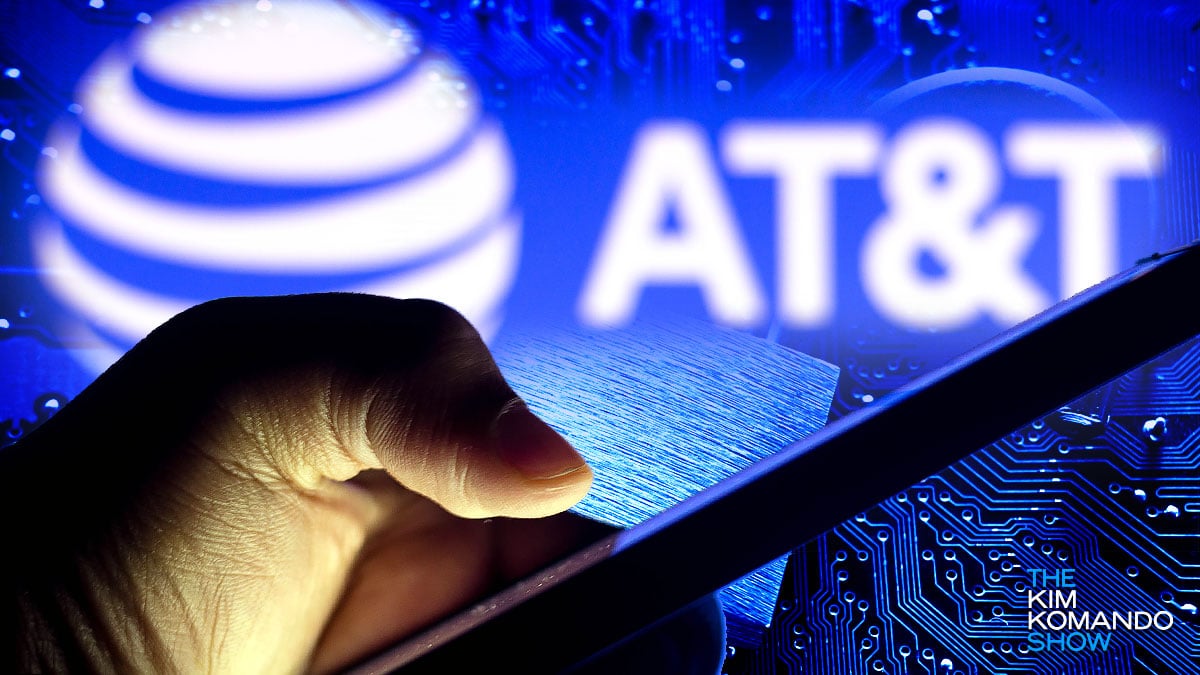
AT&T dropped some big and very bad news this morning: “Nearly all” customers had text and call data leaked in a massive cyberattack. We’re talking 95 million people.
“Kim, really? Another data breach?” I know, but don’t tune this one out. It has scary implications for your privacy.
How to deal with a cyberstalker
Let me tell you, more and more victims of cyberstalking are reaching out to me for advice using my Ask Kim page. Here’s one note I received recently from P.W. in Oklahoma:
“I’ve been cyberstalked for three years. I recently discovered it was my roommate. I moved out and he launched another attack. He’s on my and my fiance’s phones, Wi-Fi, Bluetooth — everything. He has stolen financial data, pictures, erased accounts, taken over emails and harassed me through VOIP. … He admitted to sitting outside our house all night. I thought he was spying on me. Now I know he was also gaining access to my Wi-Fi. I can’t do this anymore and need expert advice/help terribly.”